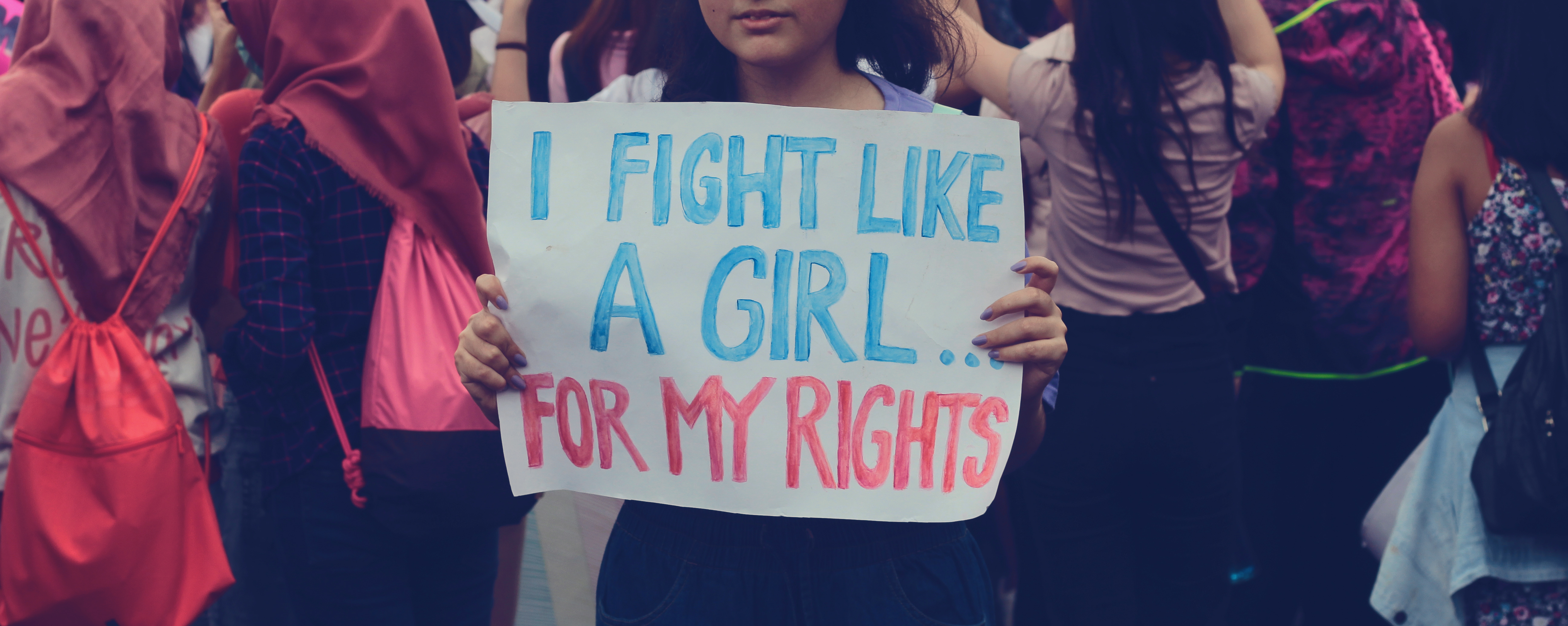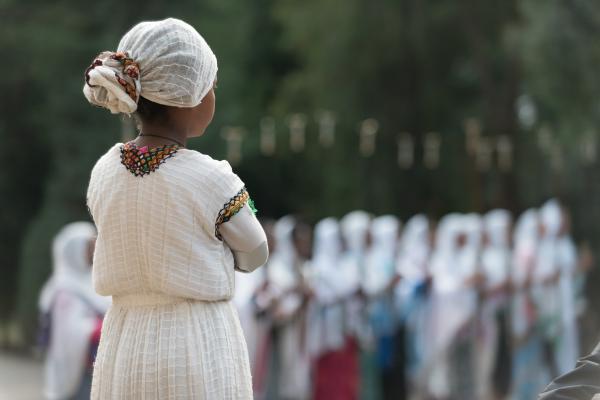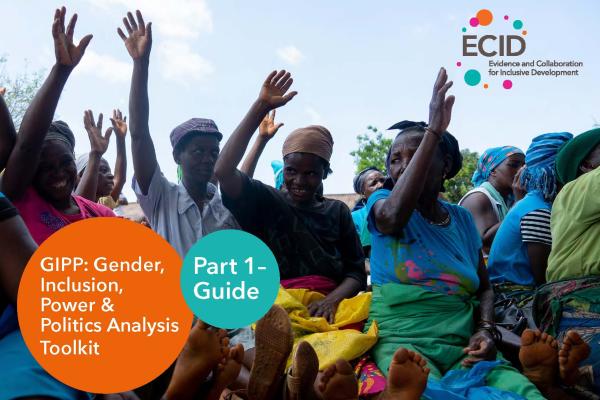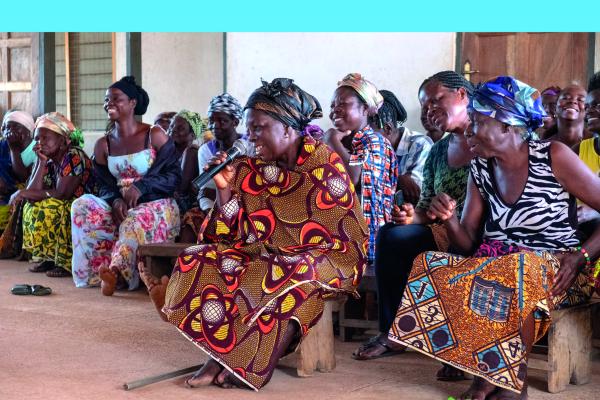Building Equitable Partnerships Case Study: Supporting Survivors of SEAH (S2S)
This case study shares insights and lessons learned from the use of equitable partnership tools as part of the Supporting Survivors of Sexual Exploitation, Abuse and Sexual Harassment (SEAH) programme in Malawi.



